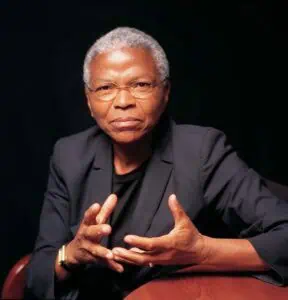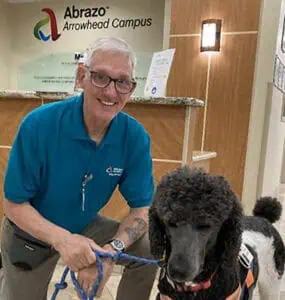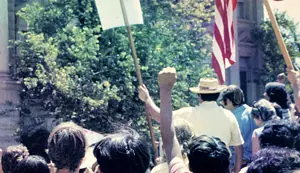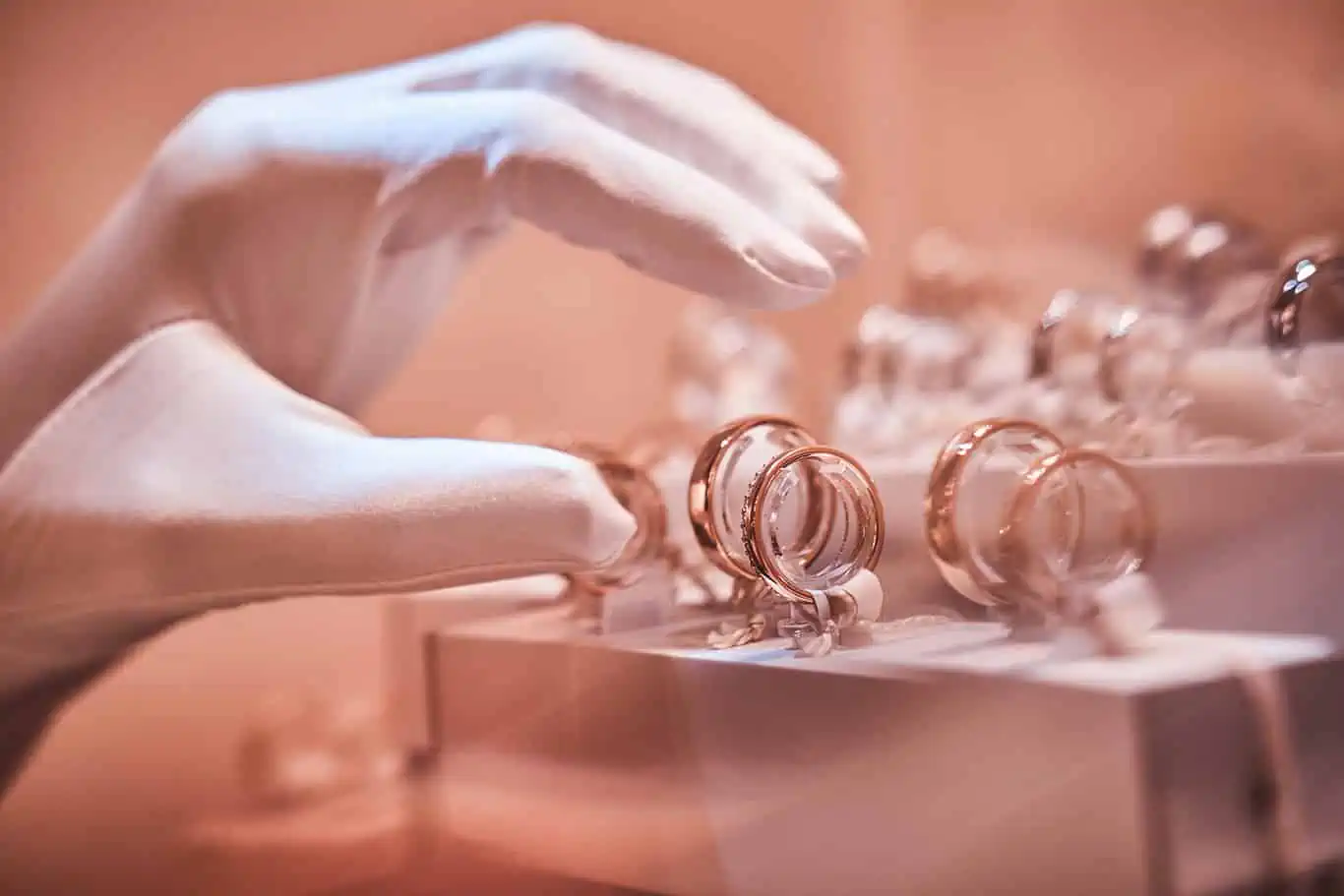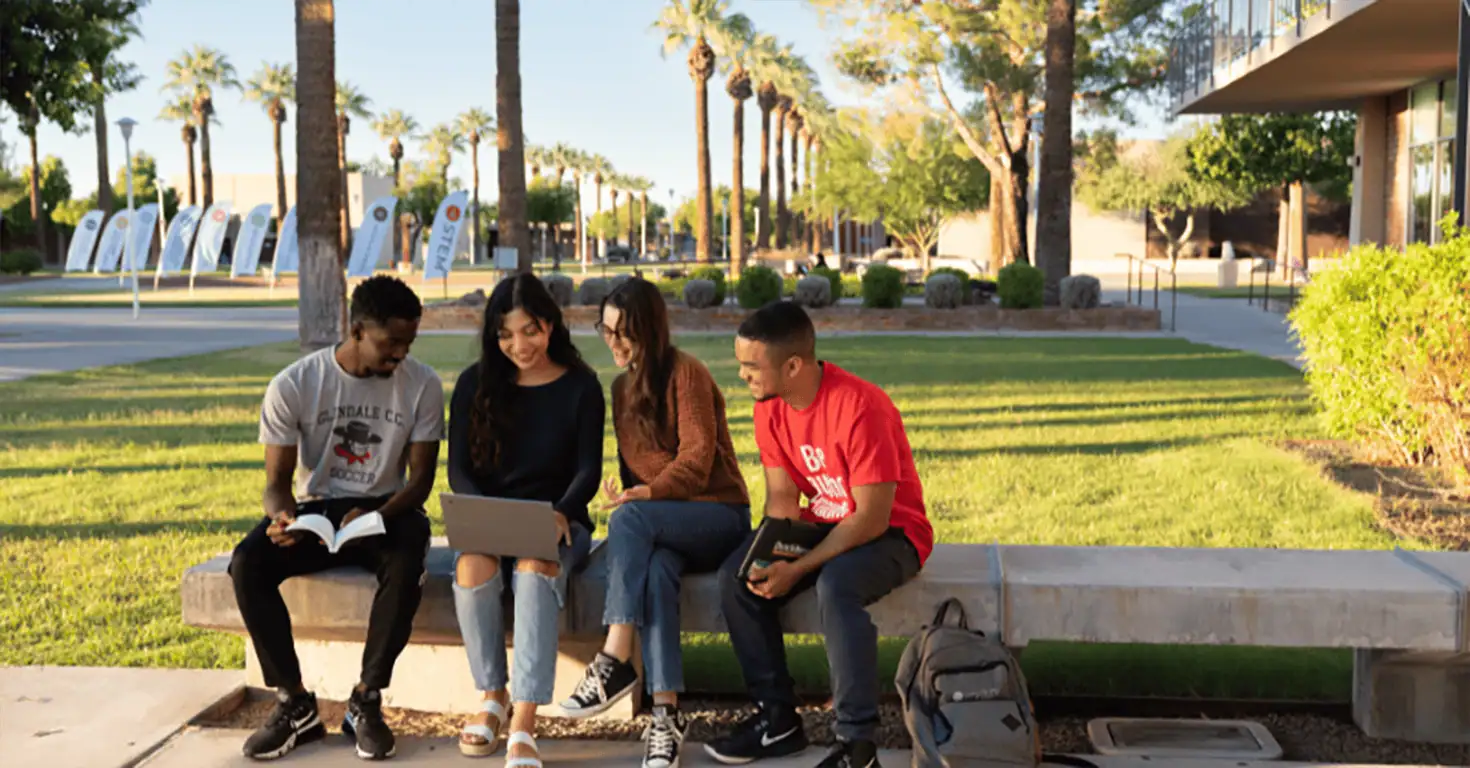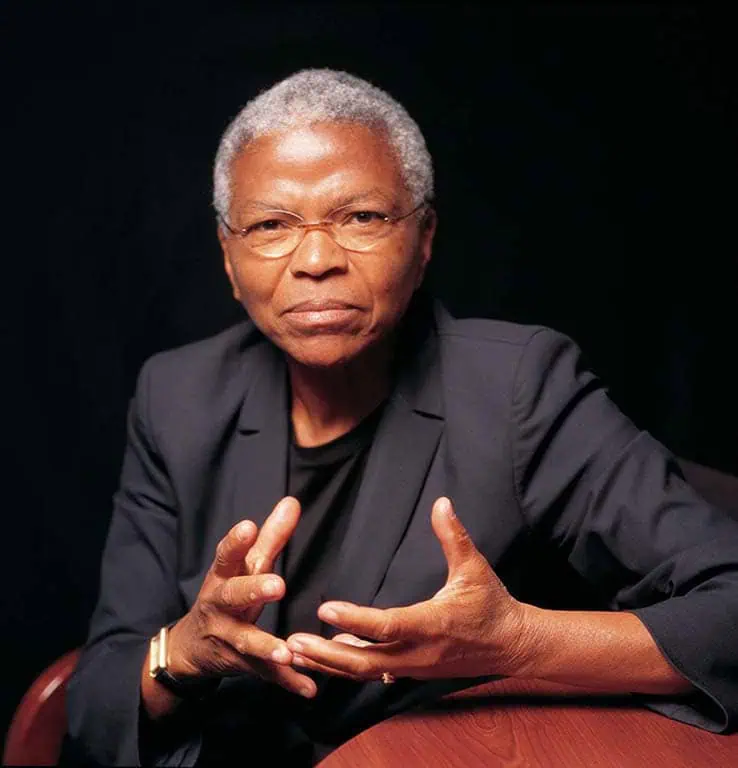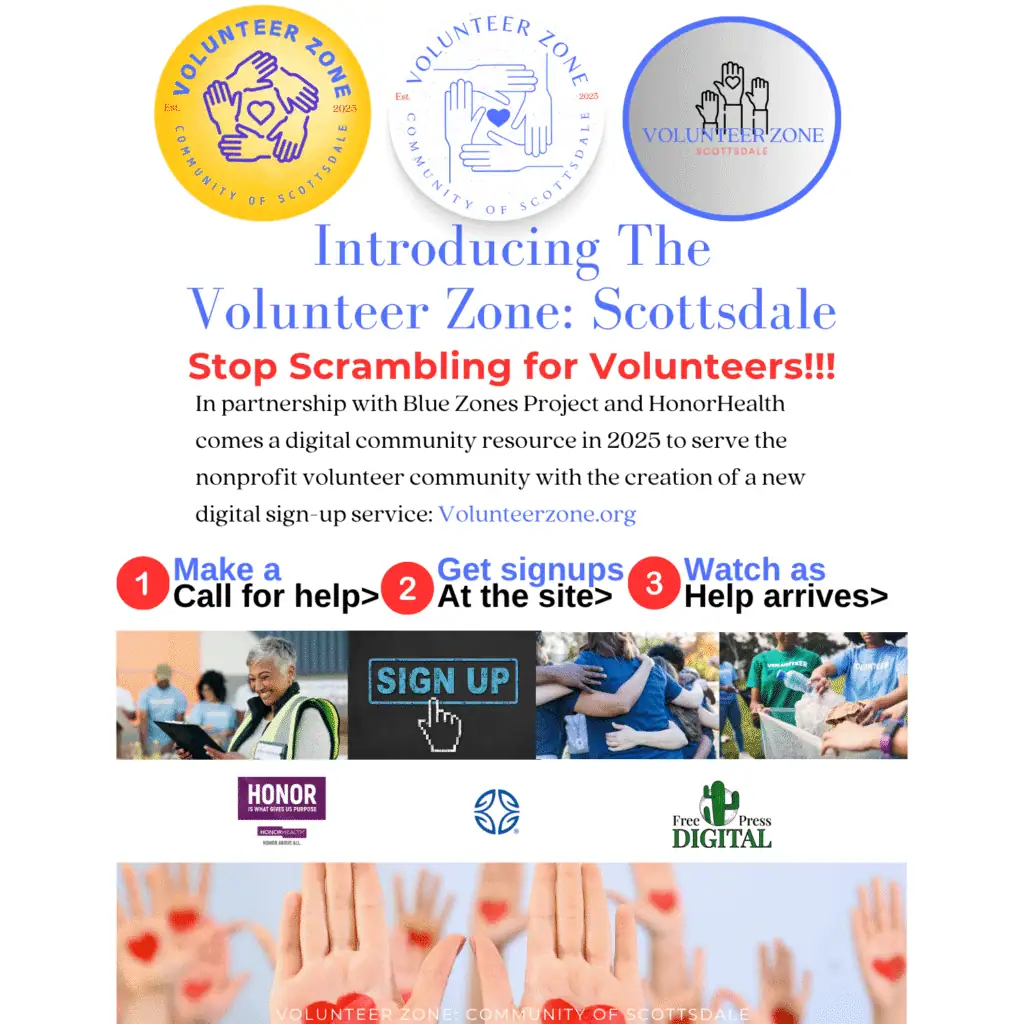
Staff Reports | Community Updates
Deanna Morehead, 61 years old, had just gone to bed on March 25, when she suddenly sat up, flipped over and unbeknownst to her (at the time) suffered what would later be identified as a massive heart attack, the kind that only about 10-12% of people survive if suffered outside of a hospital setting, according to the American Heart Association.
“Deanna had an acute heart attack, when a dominant coronary artery is 100 percent suddenly blocked, resulting in a biventricular heart failure, when the main two chambers of the heart fail to provide adequate blood flow to the vital organs,” says Dr. Saif Al-Qaisi, interventional cardiologist, Abrazo West Campus.
Her 49-year-old boyfriend witnessed the whole thing, and immediately began CPR, without a doubt beginning the process of saving her life.
“I have no recollection of my heart attack. I had felt fine all day; in fact, I had just driven us home after going out to dinner, so I had no idea my heart was about to fail,” Ms. Morehead said of the event that has now drastically changed her life.
Deanna was rushed to Abrazo West Campus where Dr. Al-Qaisi fixed the right coronary artery with a stent with excellent results. But owing to both the right and left ventricular failures, more needed to be done if DeAnna was to survive.
Dr. Al-Qaisi called for and received immediate approval for an Impella RP flex mechanical circulatory support device — the world’s smallest heart pump designed to support the right ventricle – to be rushed to the hospital to support her failing heart.
Dr. Al-Qaisi positioned the tiny pump in her right ventricle — for the first time at Abrazo West — and then positioned a traditional Impella CP in her left ventricle for support. These two pumps were positioned in her left and right ventricles going from an artery and a vein respectively in her leg, all the way to the heart, where they literally took over the job of her own heart, allowing hers to rest and recover.
Ms. Morehead was then airlifted to Abrazo Arizona Heart Hospital where she continued her recovery for three weeks.
“At first, I could not roll over in my hospital bed, shower or feed myself. Now, I am home, doing all those things plus more on my own and going through cardiac rehabilitation, but I’m a go getter and I feel lucky and happy to be alive,” she says with a big smile on her face and surrounded by her big, happy family!
“Her case illustrates the extraordinary capabilities of our heart team and the life-saving technology now available at Abrazo West Campus,” said Dr. Al-Qaisi. “The availability of Impella RP flex and Impella CP technology expands our ability to treat patients experiencing severe cardiac events right here in our community.”













